Beautiful decorations, bright lights, flower wreaths, ornaments, and fruit cakes! Aren't these words enough to describe the Christmas spirit? Whether you have a sweet tooth or love the alluring festive vibe, the good thing about this festival is that you can have plenty of each. Every nook and corner can be seen in shimmering colours during the Christmas season. But what makes the celebration more joyous are the delectable Christmas cakes. The classic cakes whipped up freshly get you into the festive mood instantly.
While there are endless types of cakes that you can bake, order to enjoy or feed at Christmas, fruit cakes remain a must-have. When it comes to Christmas cake ideas, fruit cakes get ALL the attention.
Sure, some people enjoy this dessert packed with fruits and nuts, but not everyone. In fact, for many, it is like an acquaintance you can't get rid of during the festive season. So, what's the deal with fruitcakes? Why is it always included in the Christmas dinner if it is not the first choice for most people?
Well, no points for guessing, but fruitcakes are a traditional holiday staple. But did you know it dates all the way back to Roman times? If not, let's take a look at the history of this Christmas staple!
Walking Down the History Lane
It is believed that fruitcakes date back to Roman times. The oldest version of fruitcake is similar to a dessert called 'Satura', a mixture of barley mash, pine nuts, dried raisins, pomegranate seeds, and honeyed wine. According to some historians, the recipe was used as an energy bar to fuel the Roman soldiers during wars.
During the 1600s, the Europeans brought tonnes of sugar from colonized lands. The people of their homeland started chopping the fruits into small bits, coating them in sugar syrup, and drying them. It was mainly done to preserve fruits and increase their shelf life.
Fun Fact: According to various research, the historic 'cake' had a shelf life of up to 25 years after it was made.
Gradually, they started using a combination of various fruits to prepare cakes. This practice became popular, especially in regions with limited access to fresh fruits.
In the 17th century, the tradition of cake mixing was gaining momentum. People used to mix candied fruits, almonds, cashews, raisins, dates, figs, cloves, nutmeg, and other nuts and soak them in rum, wine, brandy, or fruit juices to mark the arrival of the harvest season.
Since fresh fruits, nuts, and sugar were some of the expensive ingredients, fruit cakes started gaining popularity as rare dishes for special occasions during the 18th and 19th centuries.
Over time, many European countries started adopting their own version of Satura. And it started becoming an integral part of celebrating weddings and holidays.
The American tradition of eating fruitcake
So far, we have mentioned European countries adapting to the delicious wave of fruit cakes, but what about the US? Surprisingly, the American tradition of eating fruitcake during the holiday season stemmed from the British tradition. In Victorian England, it becomes an essential part of weddings and holidays feast. In fact, it became the monarchy favourite when Princess Diana and Kate Middleton served fruitcakes at their weddings.
The popularity of fruitcakes around the world
These sweet and delightful desserts are consumed in various forms across the world during the Christmas season. Each country has their unique version of it. For instance, it is called 'Stollen' in German and comes with a signature garnish of powdered sugar. In Portugal, they are known as 'Bolo Rei', while in Italy, fruitcakes are famous by the name 'Panforte' or 'Pannetonne'. They are also renowned in Poland and Bulgaria, where people call them 'Keks'. In Ireland, they are called 'Barmbrack'; in Vietnam, people know them as 'Banh Bo Mut'.





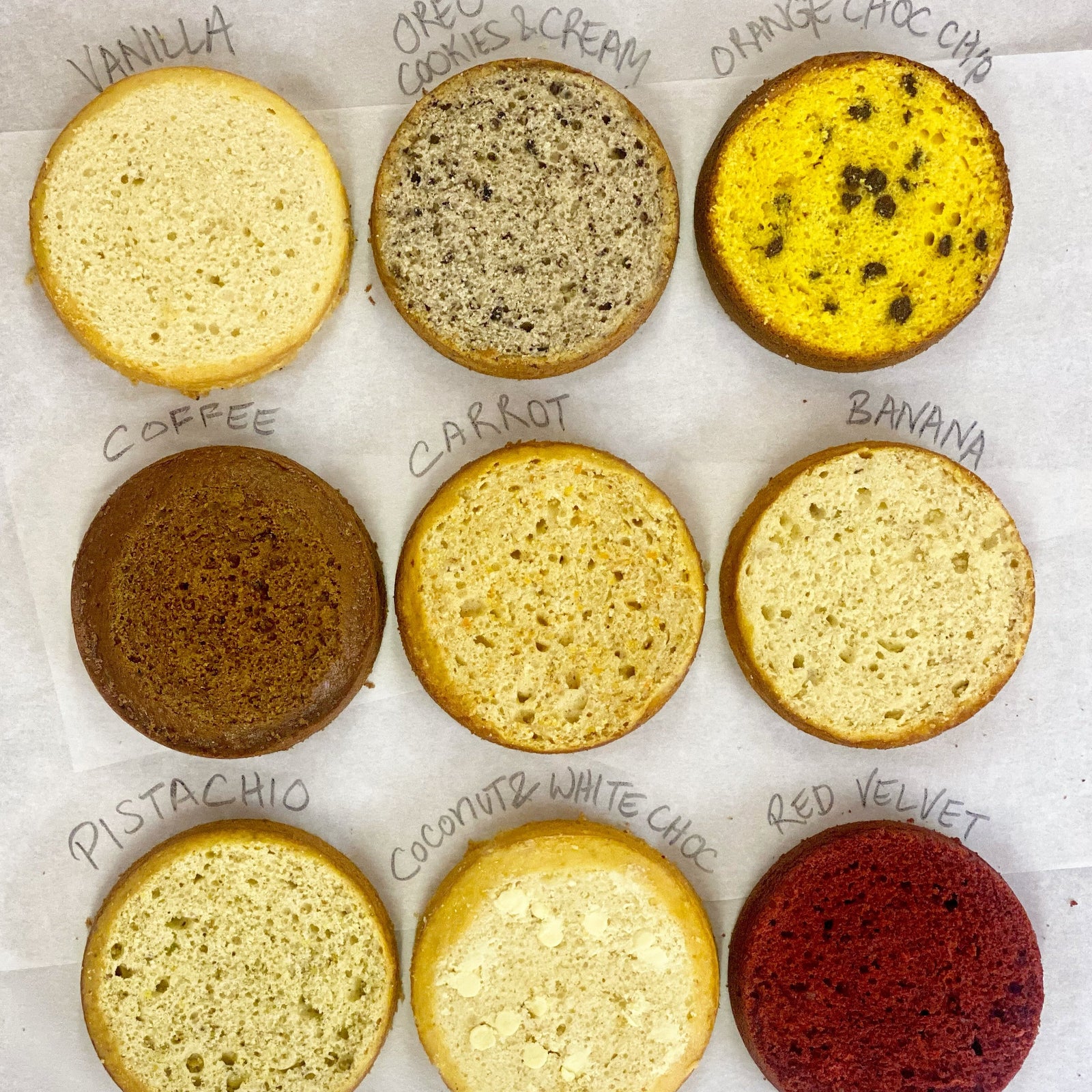
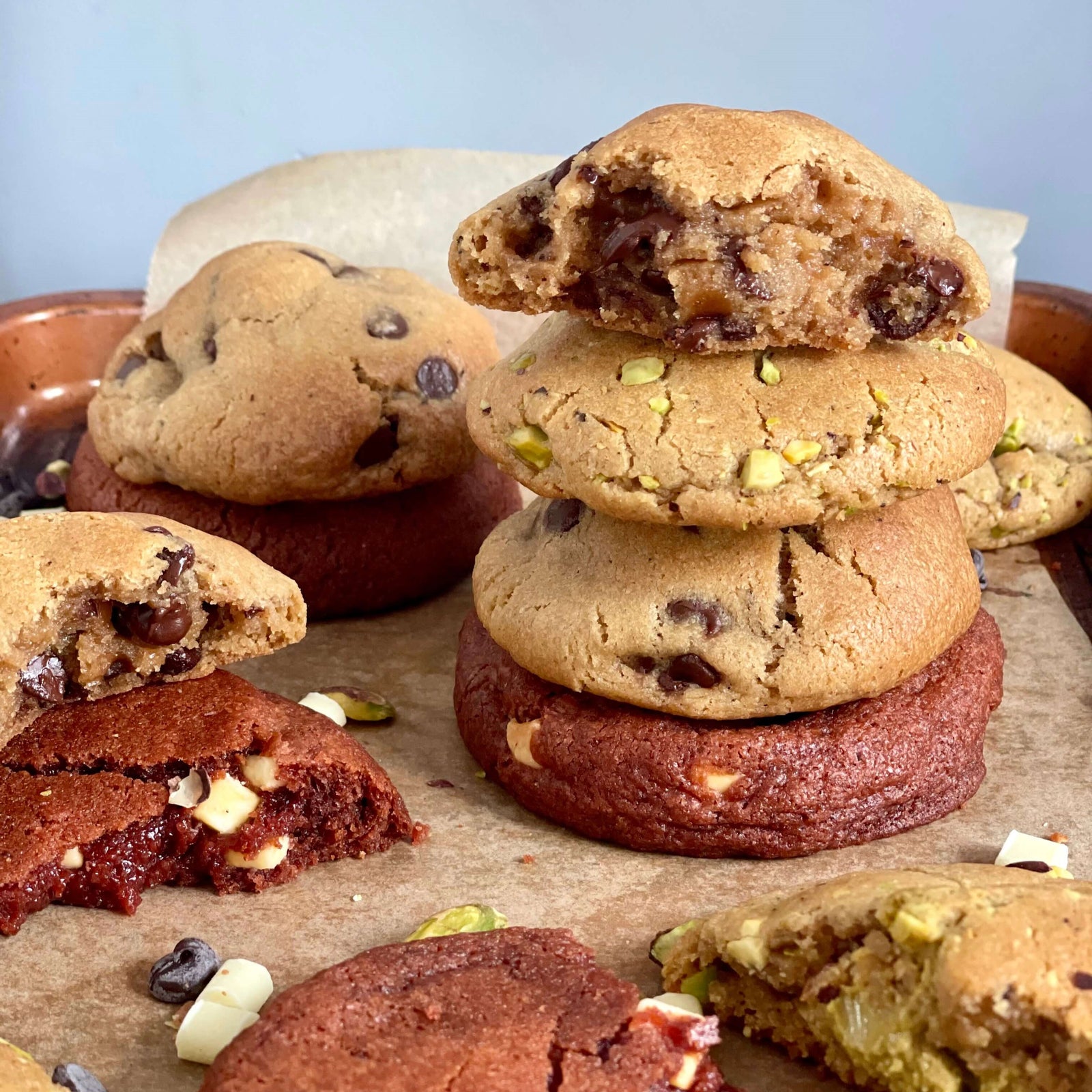
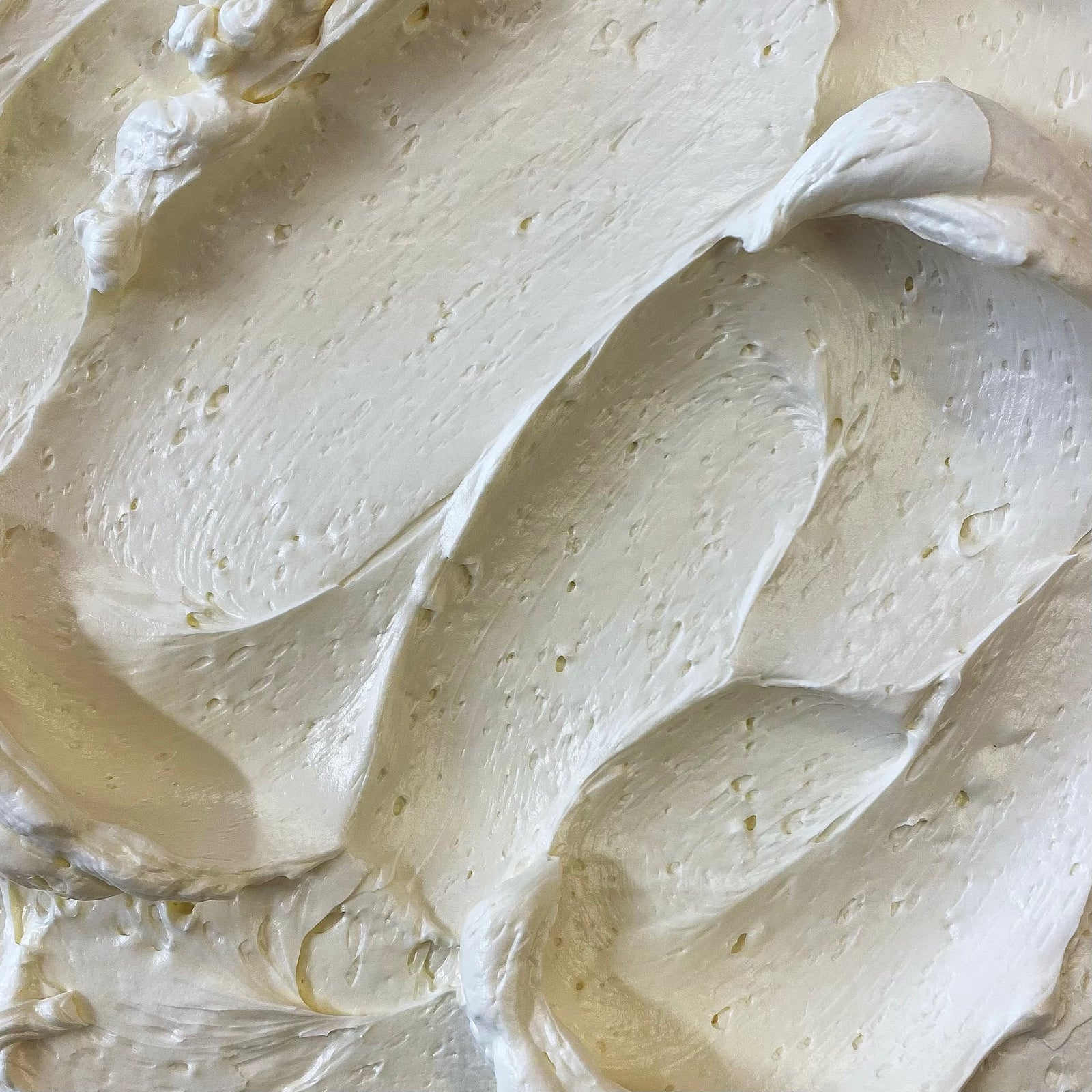

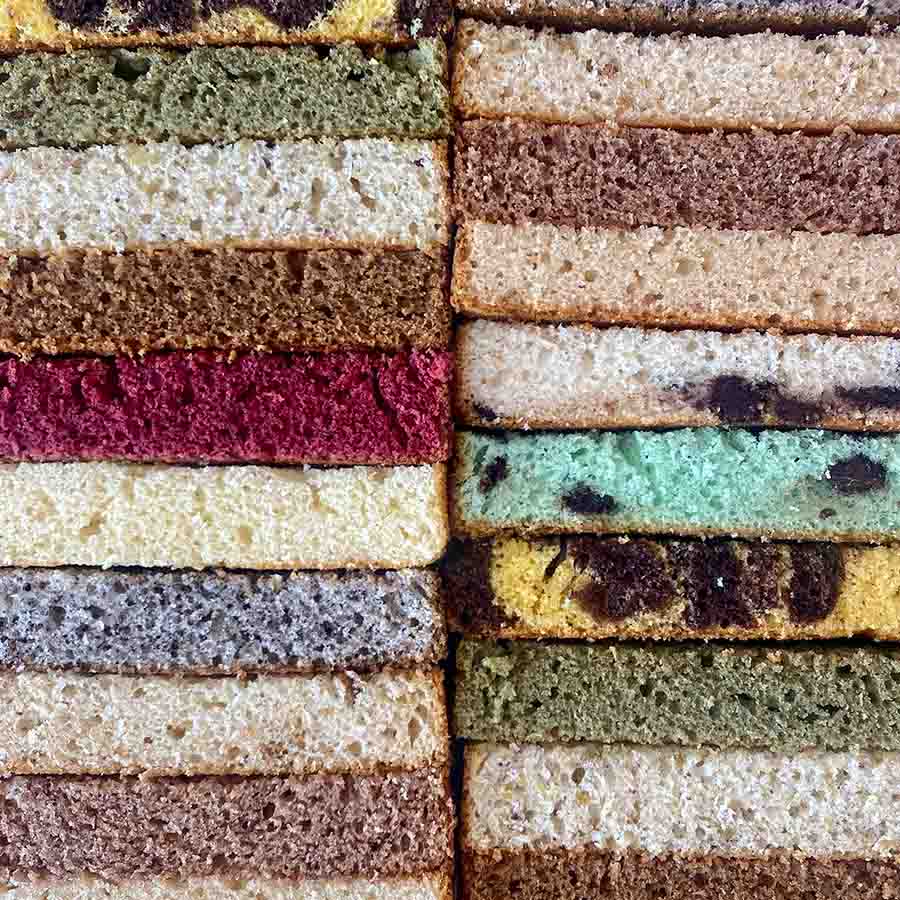
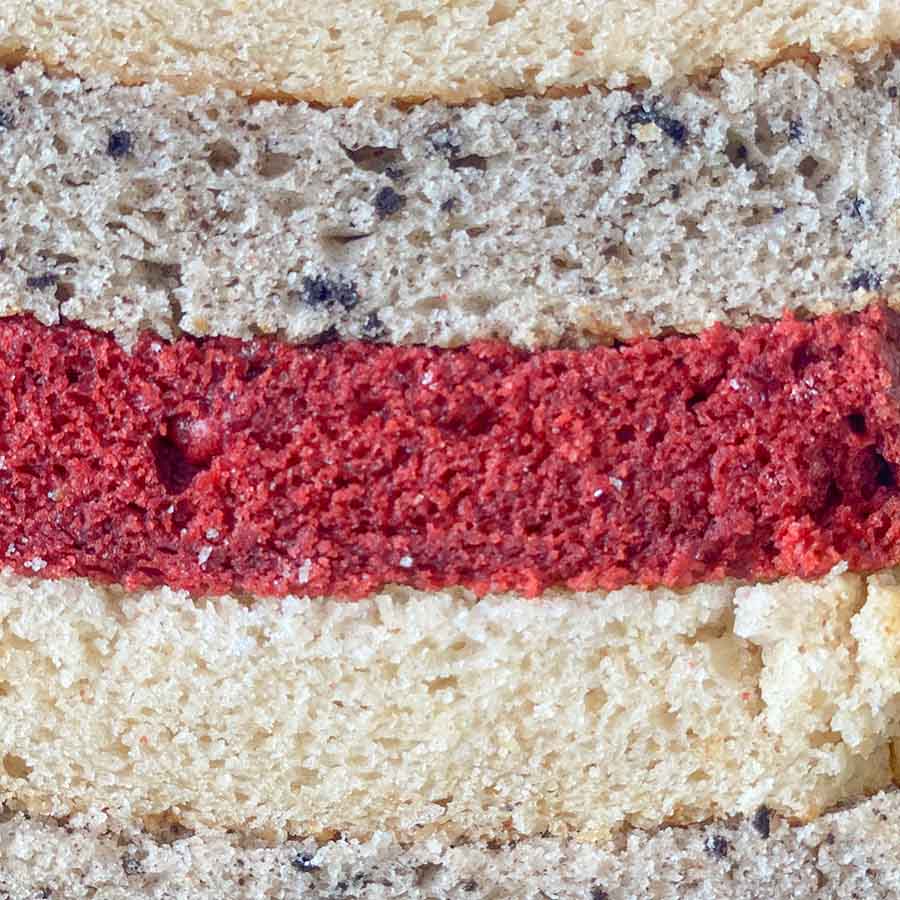
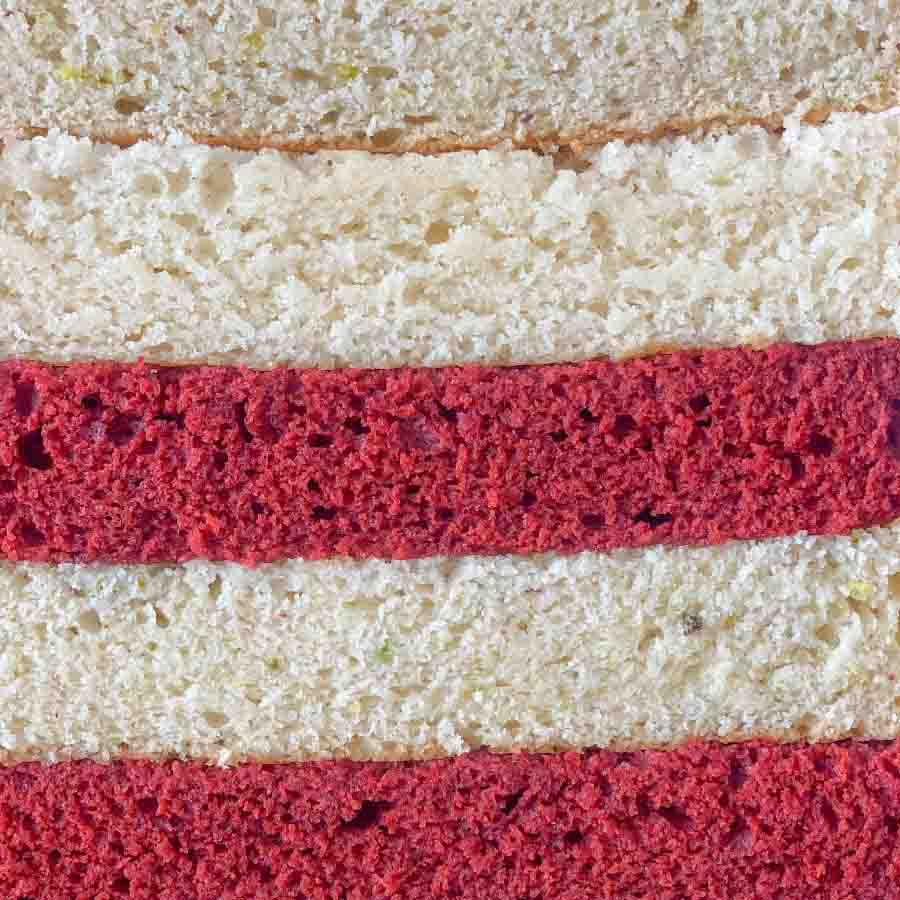
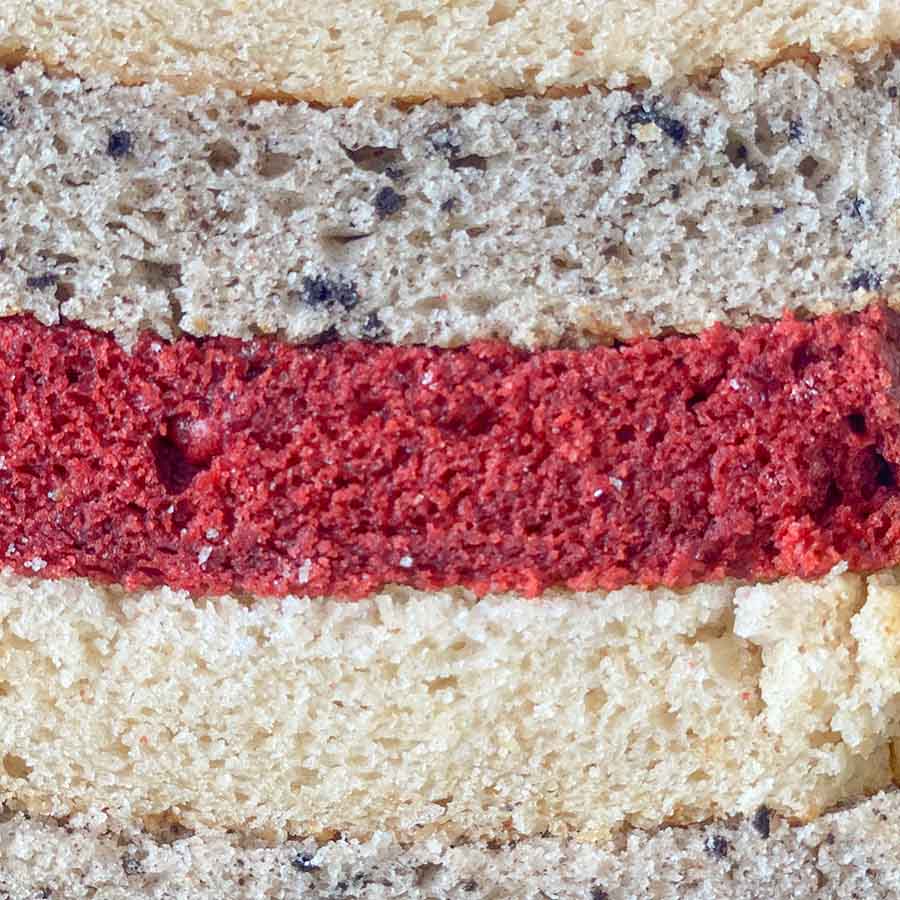

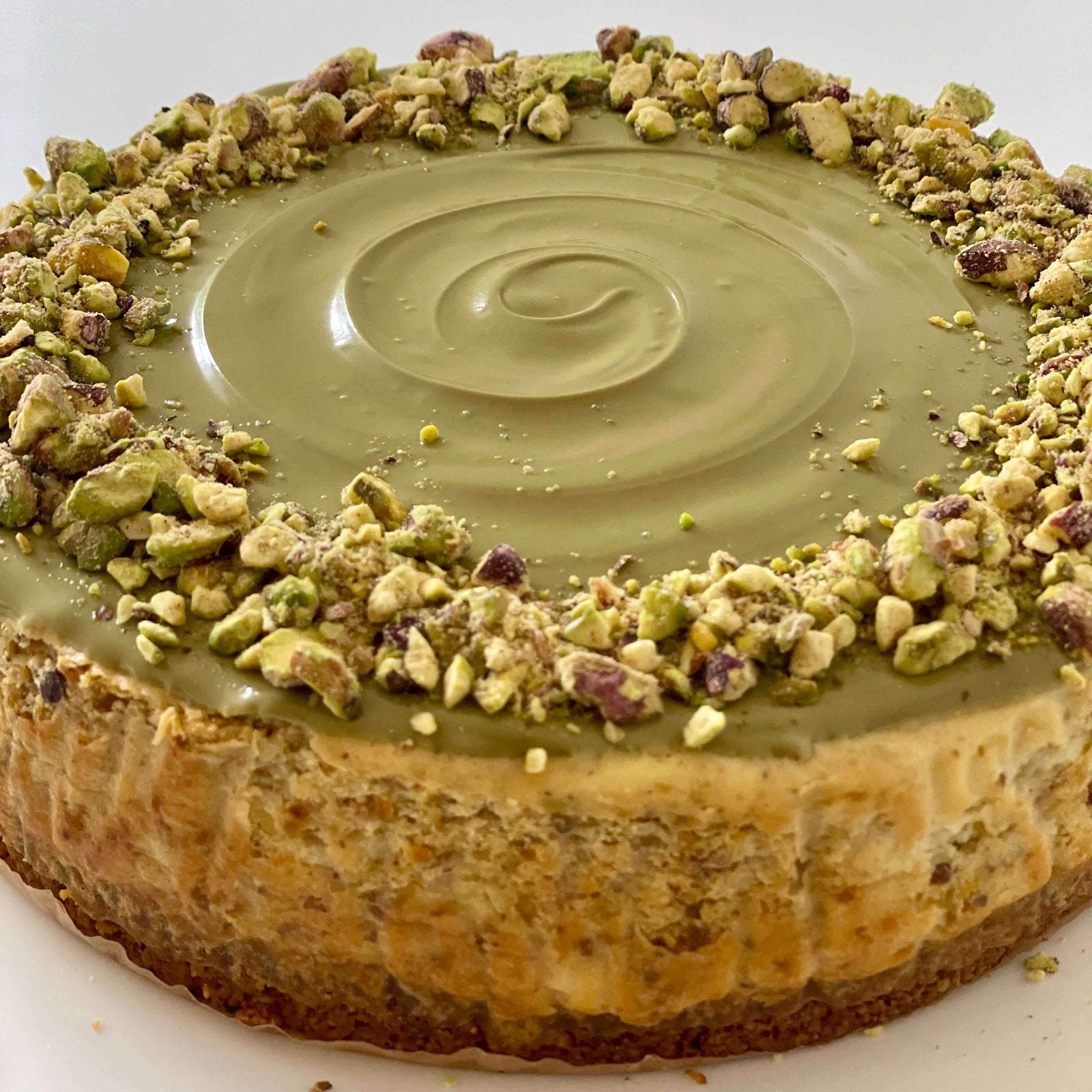
Leave a comment (all fields required)